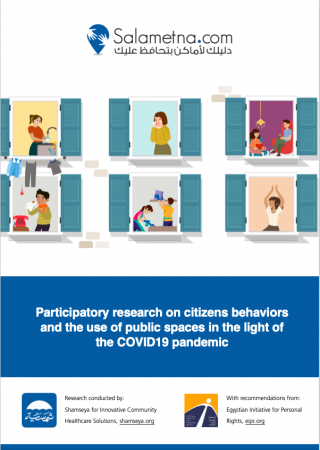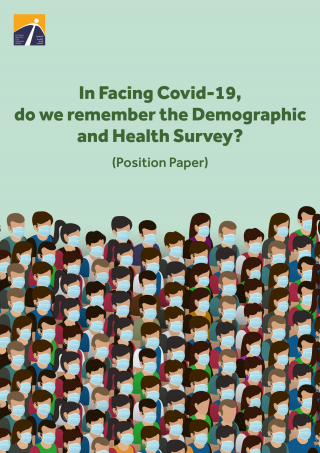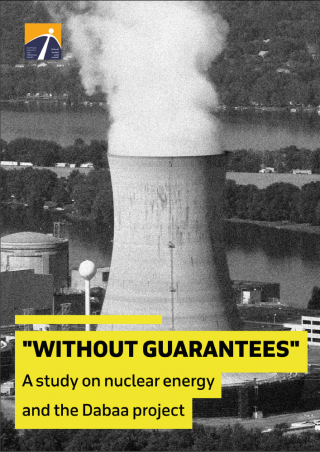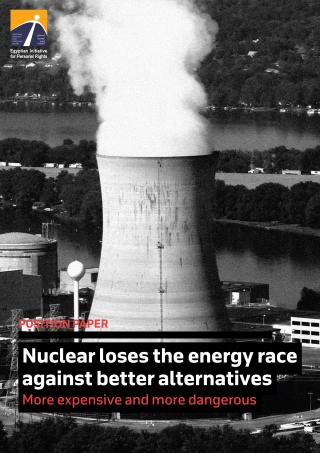The proposal was prepared in cooperation with the Ministry of Health and Population in 2014 and stresses the basic conditions for ensuring the formation of a council that will achieve a radical and sustainable reform of the governance of the health care system. EIPR stresses the importance of respecting these conditions while working on the law proposal. Through this paper, EIPR presents again the proposed law submitted in 2014, an explanation of it and a proposal for its formation and mechanisms of action.
Files: Right to Health
The research provides recommendations by the Right to Health Program of the Egyptian Initiative for Personal Rights. These recommendations are for relevant authorities, the most important of which is to transparently make accurate information available, disaggregated especially by geographical division of infection rates and available numbers of clinical tests.
The purpose of these investigations is to provide relevant stakeholders and authorities with data regarding the community in order to better shape policy and decision making. The purpose of these investigations is to provide relevant stakeholders and authorities with data regarding the community in order to better shape policy and decision making.
The Egyptian initiative for personal rights publishes the text of a letter sent by international mental health professionals to the Health Committee of the Egyptian Parliament, the Secretariat for Mental Health and the Ministry of Health, prior to the discussion of new amendments to the Mental Health Law in Parliament on December 12.
The Egyptian Initiative for Personal Rights warned today that some of the amendments to the mental health law proposed by the government—in particular, those related to electroconvulsive therapy (ECT)—violate the rights of patients to treatment and physical safety.
The study seeks to provide simplified information on various aspects of nuclear power for the sake of facilitating and enriching the public dialogue and participation in the issues of nuclear energy in Egypt. EIPR adopts a position that considers nuclear power an expensive, dangerous, risky and unsustainable source of electricity and that better alternatives exist, especially renewable energy. Renewable resources would guarantee energy security and accessibility while protecting health and environment.
The world can do without nuclear energy altogether, as there are better alternatives to meet energy and electricity needs. Renewables top the list of these alternatives around the world and in Egypt specifically.
EIPR stresses the importance of issuing this law in a timely manner. The presidency’s objections should not be used to justify a delay given the importance of this legislation and its direct impact on the health and rights of Egyptians as well as scientific research. We also stress on the importance of releasing drafts to the media and civil society, to enable the assembly to pass a law that receives the support of stakeholders and makes them partners in its implementation.
A group of residents of the Wadi al-Qamar area in western Alexandria, located near a cement plant, had filed a complaint to the Environmental Affairs Agency (EAA) and the Public Prosecution in August 2015, alleging that emissions from the Alexandria Portland Cement were harmful to their health.







